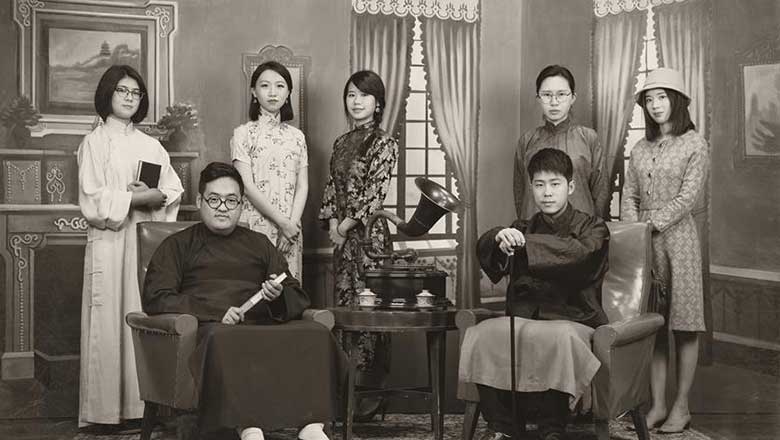Xinjiang to draft anti-religious extremism regulation
Updated: 2016-01-13 17:33
By Cui Jia in Urumqi(chinadaily.com.cn)
|
||||||||
Lawmakers in the Xinjiang Uygur autonomous region will begin to draft an anti-religious extremism regulation and implement counter-terrorism practices in Xinjiang in 2016, a top regional legislator said on Wednesday.
"Drafting local regulations on anti-terrorism and eliminating religious extremism are the main focus of this year's legislative work, which will provide solid legal support for Xinjiang to combat terrorism and religious extremism," said Nayim Yassen, director of the Xinjiang Regional People's Congress's Standing Committee on the sidelines of the annual session of the local people's congress in the regional capital of Urumqi.
On Monday, Xinjiang announced that it will continue to intensify its strike-hard campaign against terrorism in 2016. Zhang Chunxian, Party chief, said all anti-terrorism activities must be carried out in accordance with the law.
Nayim said Xinjiang lawmakers have already started the research on drafting the anti-religious extremism regulation in 2015 and have made significant progress. They have also begun to draft the local anti-terrorism regulation before the National People's Congress passed China's first counter-terrorism law in December 2015.
The spread of religious extremism is believed to have lead to an increasing number of terrorist attacks in Xinjiang and other parts of China. The regional people's congress approved Urumqi legislators' decision of banning full-face coverings in public without delay in 2015. The legislators said such clothes are normally associated with religious extremism.
Xinjiang lawmakers have passed the regulation on improving ethnic unity in 2015. From Jan 1, 2016, behaviors damaging to ethnic unity will be punished in accordance with the regulation.
"The central government has paid great attention to this local regulation, which is very rare. The NPC has also given many suggestions on drafting the regulation," Nayim said.
The regulation banned people from spreading comments which may harm ethnic unity during lectures or seminars in schools.
It also stated that service providers in hotels, restaurants and public transportation that turn away people because of their ethnic group or religious belief will receive verbal punishments from the local government and face fines.

 Execs introduce new models at Detroit Auto Show
Execs introduce new models at Detroit Auto Show
 Foreigners learn mushroom cultivation skills in Xi'an
Foreigners learn mushroom cultivation skills in Xi'an
 Academy releases top 6 archaeological finds of 2015
Academy releases top 6 archaeological finds of 2015
 Yandunjiao in Shandong is an ideal habitat for whooper swans
Yandunjiao in Shandong is an ideal habitat for whooper swans
 World's second highest bridge in Southwest China put into operation
World's second highest bridge in Southwest China put into operation
 Photo studio takes people back in time
Photo studio takes people back in time
 Celebrities born in the Year of Monkey
Celebrities born in the Year of Monkey
 Remembering legendary British artist David Bowie
Remembering legendary British artist David Bowie
Most Viewed
Editor's Picks

|

|

|

|

|

|
Today's Top News
Obama to deliver final State of the Union speech
Shooting rampage at US social services agency leaves 14 dead
Chinese bargain hunters are changing the retail game
Chinese president arrives in Turkey for G20 summit
Islamic State claims responsibility for Paris attacks
Obama, Netanyahu at White House seek to mend US-Israel ties
China, not Canada, is top US trade partner
Tu first Chinese to win Nobel Prize in Medicine
US Weekly

|

|







